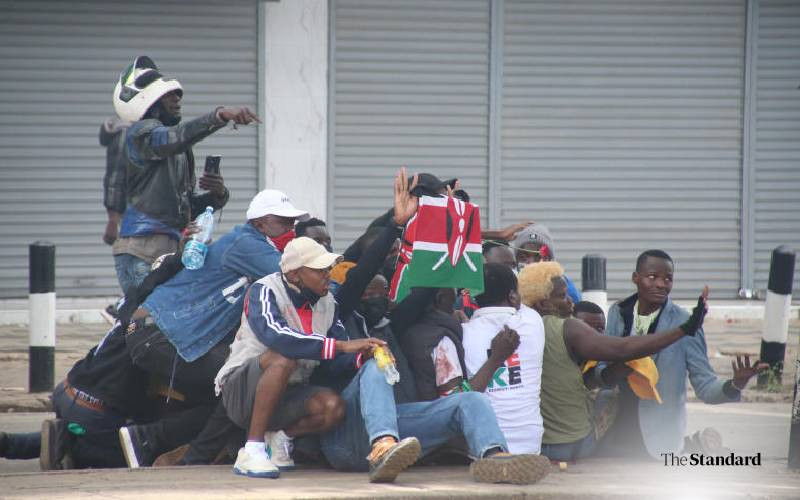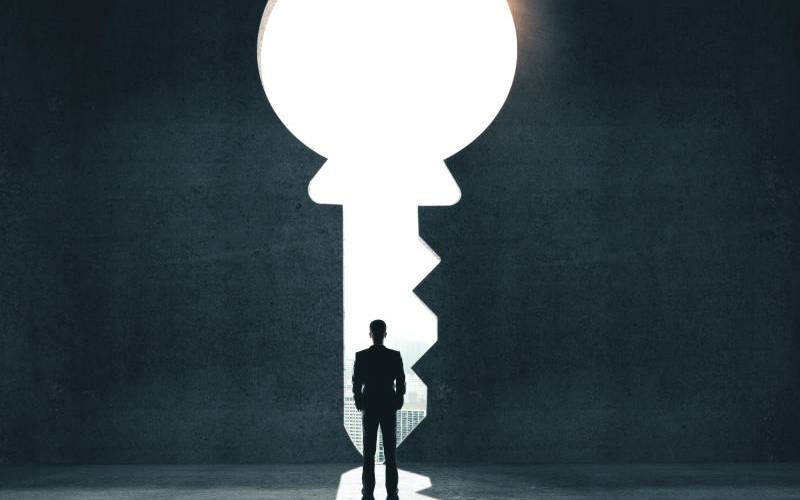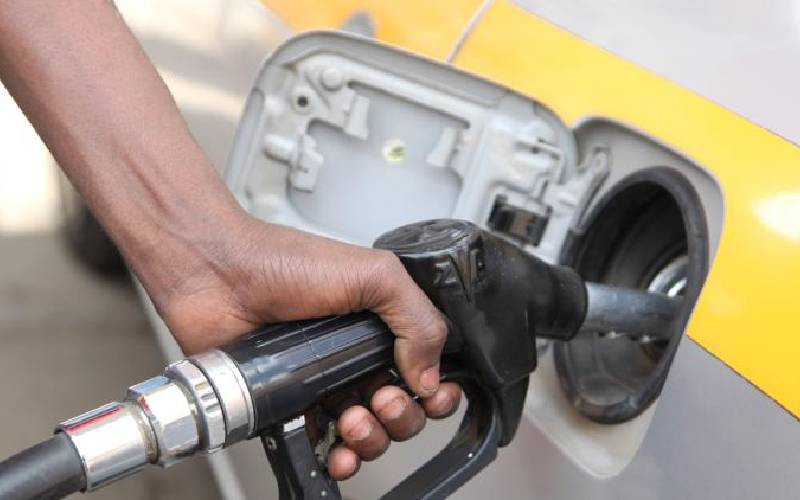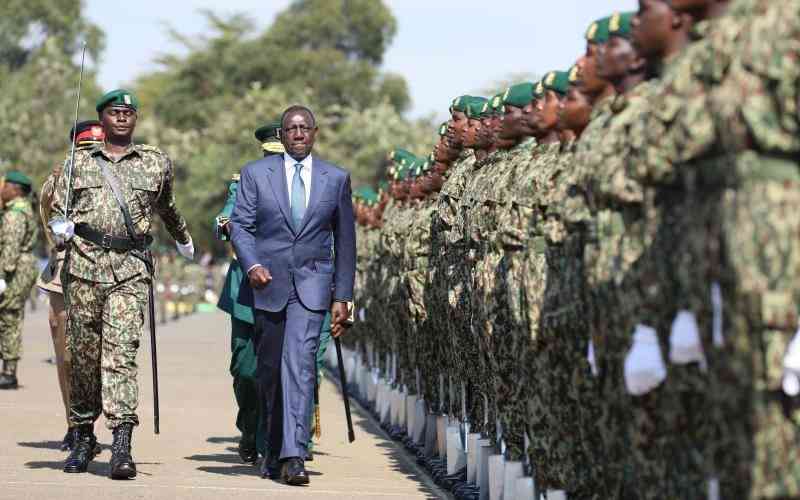
Fear has been man’s companion since the dawn of civilisation.
We feared the wild animals that wanted to turn us into food. With time, we learnt to fight them using weapons like arrows and later guns. Before that, we had learnt to ensnare them for food. We tried that as boys. What do young boys try today, and not online?
Later we domesticated the animals to bring the source of food closer home. In addition, we learnt to extract other resources from animals such as milk and labour. Remember beasts of burden? They are still part of our lives. The donkey scores highest. What happened to all the horses that once roamed Kenya during the colonial period?
With time the animals learnt they were safer, we protected them other animals, mostly wild. A big schism between domestic and wild animals developed.
Two other fears kept us company. One was the fear of fellow men. With scarcity of resources, from food to mates, we found use violence could get us what we wanted.
We learnt to fear strangers. Borders were set to only interact with the familiar people like neighbours and relatives. That fear is still prevalent, we rarely open up to unfamiliar people. In some cases marriage was used keep peace, even among royalty.
The fear of each other has had profound effect on our lives. Borders emerged, passports, identity cards and even armies. Nations, clans and families could hang together to reduce fear. Remember the alliances during world wars and Cold War?
This great fear kept peace, no one could attack the other for fear of devastation. Some argue that is why India and Pakistan can’t fight for long, they are nuclear powers. And North Korea is 'safe' from outside attack because of owning nuclear weapons. Fear keeps tribal alliances alive in Kenya.
At community level fear gave us fences, padlocks, and more recently watchmen and CCTV. Noted how fences disappear as you go towards western Kenya and beyond. Where do Devki Steel Mill and other manufacturers sell most of their barbed wire? Why are gated communities so popular?
Today, the fear of the citizens by the rulers has led to fences around government buildings. In other countries, parliament buildings are public places and tourist attractions, unfenced.
But there is one more fear we could not vanquish, the fear of death. It is shrouded in mystery. And no one has returned to share the experience. We use medicine, magic, oracles, witchcraft and religion to keep death off, so far unsuccessfully.
The certainty of death makes it a perfect tool for instilling fear in us. Curiously, the rulers are given mandate by the ruled to instill fear, mostly with weapons. Think of the government all over the world with its monopoly of violence. The fact that they can make your life difficult through jail, or even death keeps many straight.
It is hoped that governments use that fear reasonably. Democracy ensures the 'right people' get the mandate to instill fear in us. This fear should be moderated by justice. That is the work of the government and its institutions. What if the fear is excess, unreasonable? That is the fear that I fear.
Fear of the rulers, parents, spouses, neighbours or anything else has unintended consequences despite keeping societies stable. Which states are more stable and long lasting; dictatorships for democracies? Which one has more fear?
Stay informed. Subscribe to our newsletter
Why should we fear fear?
The first casualty of fear is innovation. Let’s share three examples. The Russian revolution in 1917 ushered in communist Soviet Union. Its citizens lived in fear and wished to leave. One citizen who left was Igor Sikorsky, the inventor of the helicopter. Igor was actually Ukrainian. He could not actualise his innovation under the long shadow of communism. Once in USA, he actualised his dream.
Sergey Brin, the founder of Google left communist Russia in 1973 for USA. Can we add Elon Musk and the fear of apartheid? Noted how some Kenyans thrived after leaving Kenya when Kanu spread fear over the land like mist in the rain season?
The economic cost of fear goes beyond stifled innovation. We postpone decisions on investment, and consumption. If we are fearing political chaos, you won’t start that 'kamjengo' or spend money. You will postpone starting a business and prefer putting that money in a bond or under the mattress. That slows the economy and consequences thereof.
Has fear played a role in slowing our economy? It also makes rational decision-making hard.
Fear even has medical consequences. Fear raises our anxiety. We could get depressed or high blood pressure, or strokes. We could become hostile to one another including family members. Add the reduction in productivity in the workplace.
Think of the cost of fear in terms of investing in security at home and workplace. Think of resources that are diverted to security because of fear. Checked the 2025-26 budget?
The key reason why I fear is that too much of it breed fearlessness, which can easily lead to violence and in extreme cases political revolutions. In addition to dissipating anger among the citizens, we must reduce the long shadow of fear. Our headlines and whispers on the streets leave no doubt that a cloud of fear hangs over our nation.
We must see fear more widely, it’s not just the physical fear of someone breaking your door at night or abducting you. It also includes fear of an economic meltdown, like inflation, losing your job or business, higher interest rates and suffering in old age. The emotional component of fear is worse, it eats into our energy like cancer.
Yet, for all we do in our lives, from working to marrying, we seek inner peace and emancipation from fear. Who will disperse the cloud of fear hanging over our no-longer-young nation?







